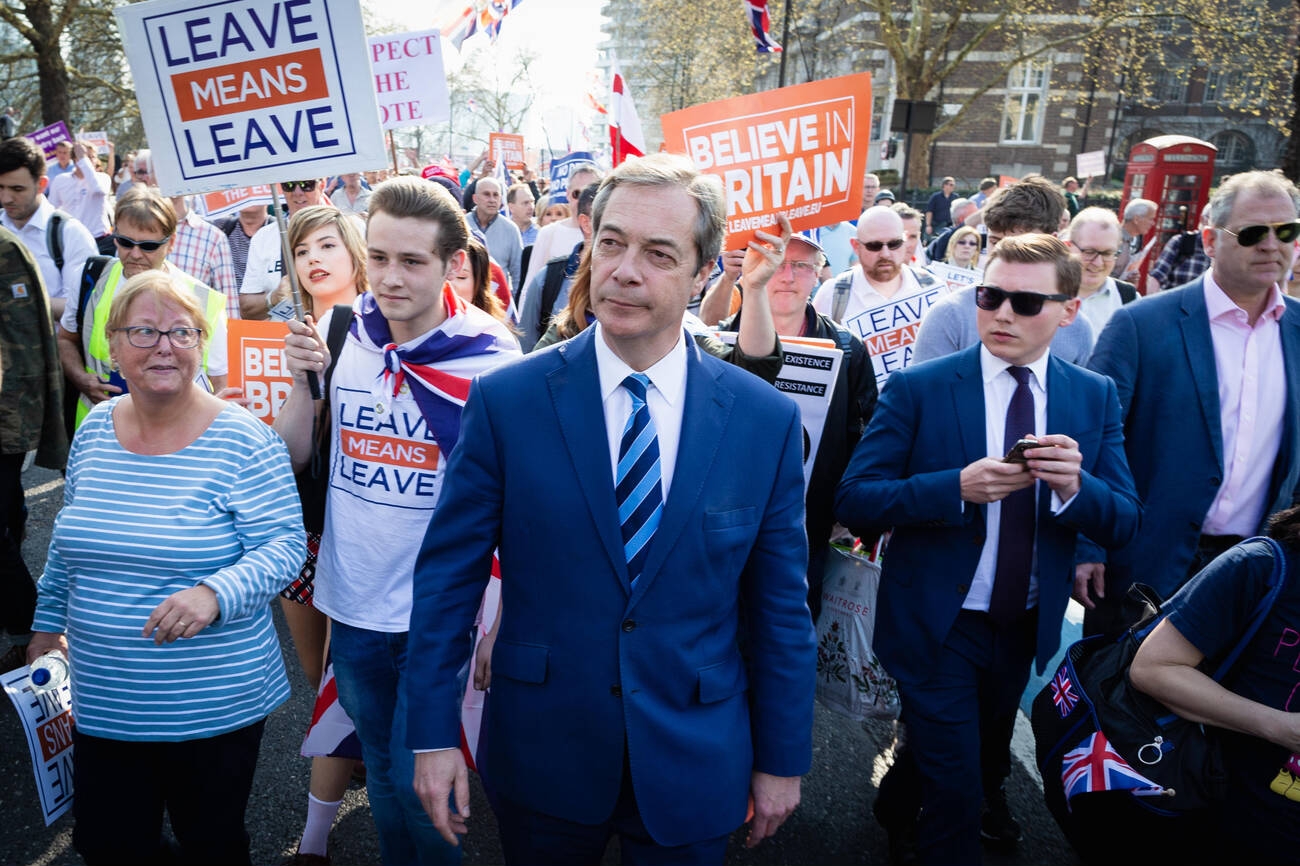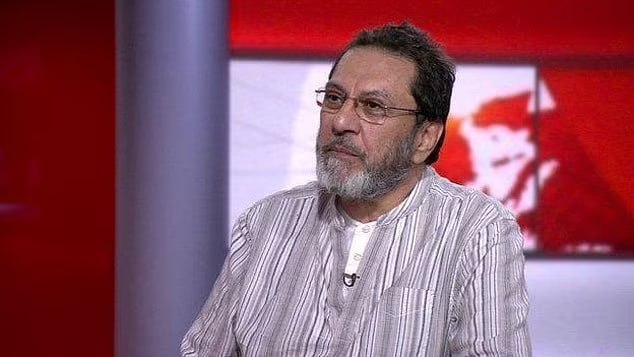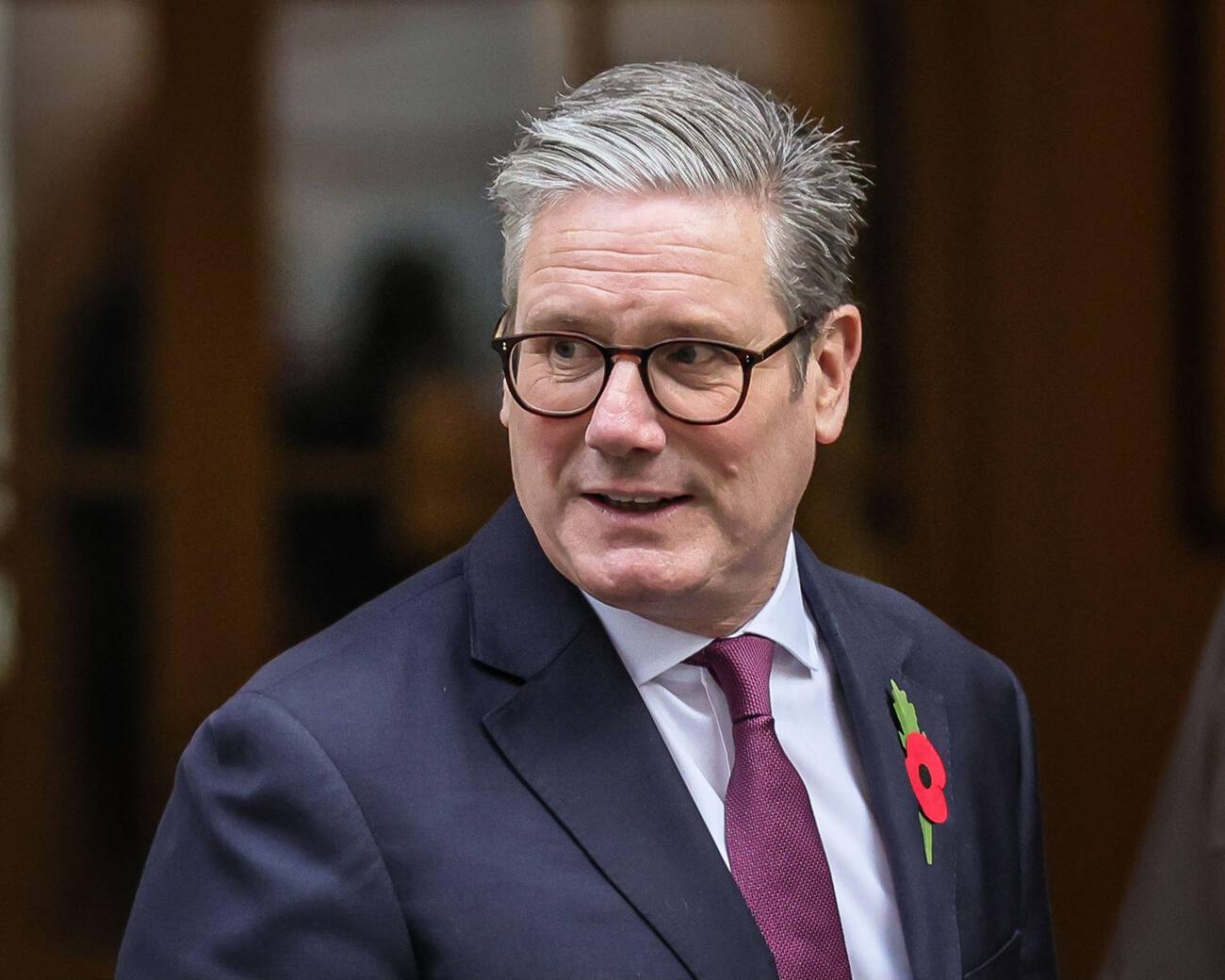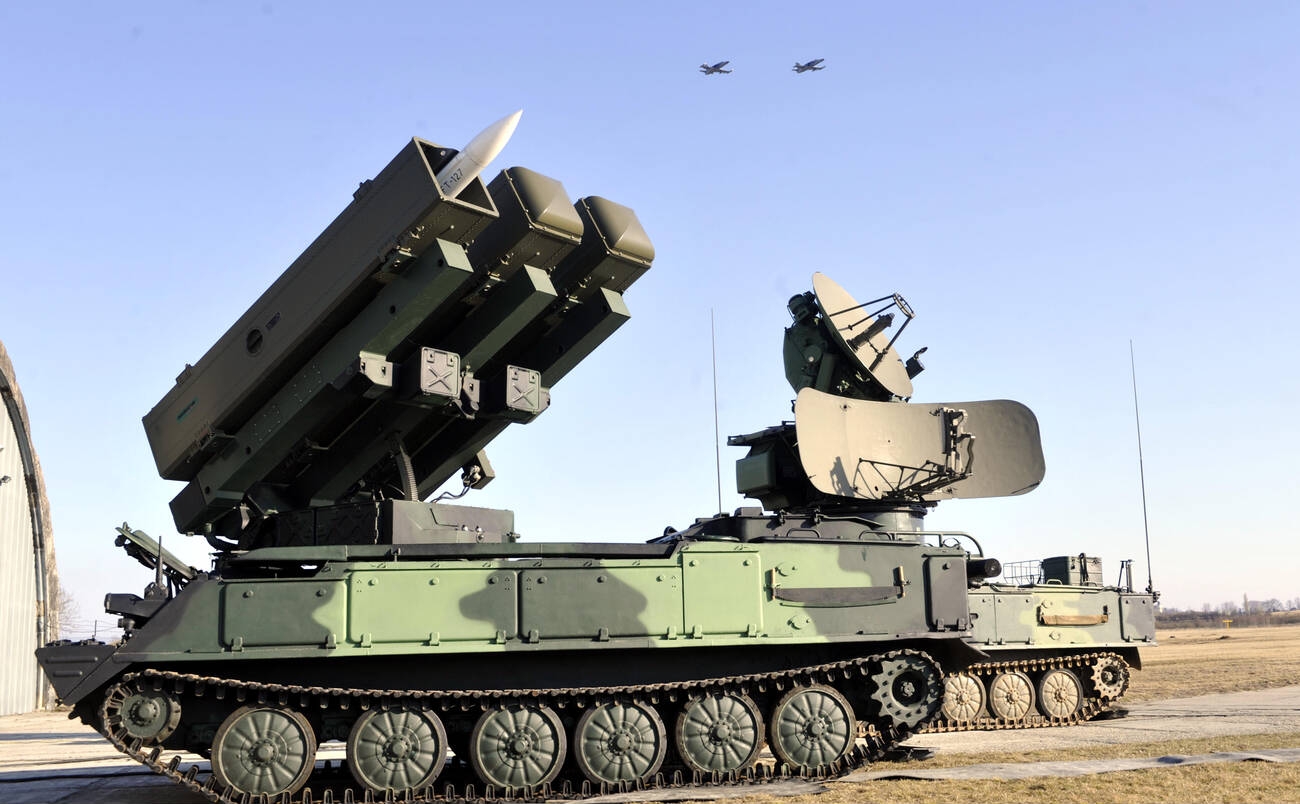UK steel tariffs in 2025: Negative and destructive effects shortly
The US President has imposed a 25% tariff on steel and aluminum imports from the UK. UK steel tariffs
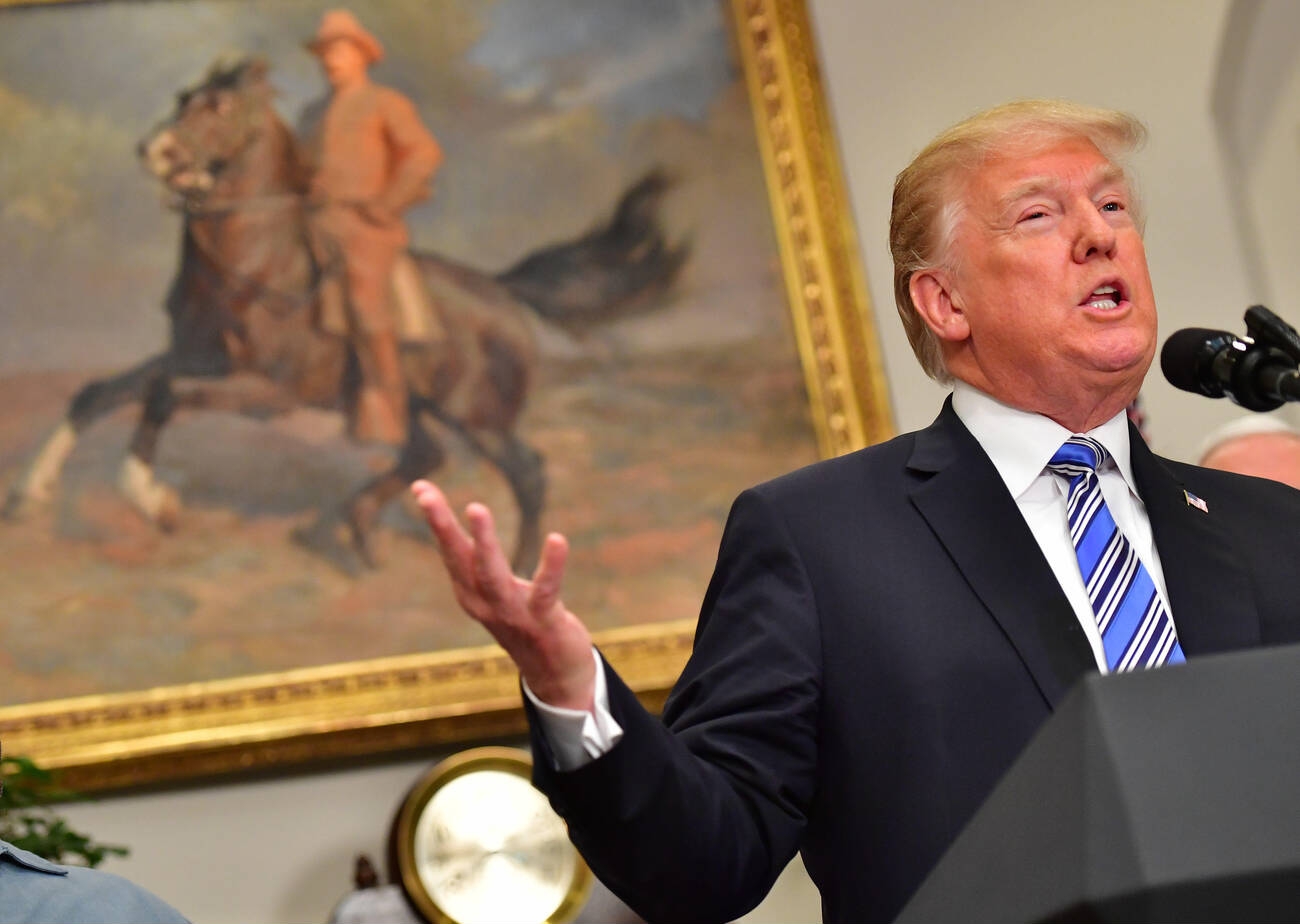
The US President has imposed a 25% tariff on steel and aluminum imports from the UK. UK steel tariffs in 2025 have presented the country’s industries with serious challenges. The UK steel industry has already faced many difficulties due to US tariffs. Now, steel workers in the UK expect Prime Minister Keir Starmer to work diligently to exempt the country’s Steel from the 25% tariff. This article examines the impact of Trump’s tariffs on British steel and aluminum products. The UK government’s response to Trump’s recent trade tariffs will also be discussed.
Trump’s 25% tariffs on steel and aluminum imports
Trump announced that his administration intends to impose a 25% tariff on all steel and aluminum imports into the United States. The Biden administration had previously suspended the tariffs in a deal with the European Union. However, the return of the policy by Washington has now raised concerns in Brussels. Trump’s policy is similar to measures he took during his first term. In 2018, the Trump administration imposed a 25% tariff on Steel and 10% on aluminum imported from the European Union. Trump’s tariffs increased trade tensions between the two sides. At the time, the EU responded by imposing tariffs on American goods, including Harley-Davidson motorcycles and bourbon.
Starmer’s government’s response to UK steel tariffs in 2025
The UK exports about 10% of its Steel to the US. These exports were estimated at nearly £400 million in 2023. British steel industry executives are worried about the devastating consequences of Donald Trump’s decision. They have warned of the negative consequences of imposing UK steel tariffs in 2025. Meanwhile, the British government said that the details of this policy are still unclear. They announced that they would react to this issue if necessary. A spokesman for British Prime Minister Keir Starmer declined to comment on the possibility of retaliatory action from London and said he would not answer hypothetical questions. The European Union had also reacted to the decision earlier. The European Commission said in a statement that there is no justification for imposing these tariffs.
Steel industry experts warn of negative consequences of Trump tariffs.
While the European Union has taken a clear position against this policy, the British government remains cautious. While London has not yet taken a clear position on UK steel tariffs in 2025, steel industry experts have warned of its consequences. “The US is our second-largest export market after the EU. At a time of shrinking demand and high costs, rising protectionism globally, particularly in the US, will stifle our exports and damage over £400m worth of the steel sector’s contribution to the UK’s balance of trade,” said Gareth Stace, the director general of the trade body UK Steel.
UK officials are skeptical about retaliation.
Analysts are concerned about the possibility of cheap Steel from other countries flooding the UK market. Home Office Minister Angela Eagle said in an interview that the government should “wait and see whether the president gets more specific about what he meant by that comment on the way to the Super Bowl.” She also stressed that the UK-US trade relationship is balanced and worth more than 300 billion pounds annually.
New tariffs damage the UK steel industry.
Trump’s new tariffs will lead to a reduction in British steel exports to the US. As a result, UK steel tariffs in 2025 will damage jobs and the UK economy. This issue will affect not only the steel industry but also the trade relations between the two countries. The Daily Mail wrote that Britain supplies one-tenth of the Steel imported into the US, and US President Donald Trump’s imposition of a 25% tariff on this product has worried the British steel industry. As America’s fifth largest trading partner, Britain is affected by these tariffs. These tariffs will severely impact the automotive and technology sectors. Increasing import costs reduce companies’ profit margins. This reduction in profits ultimately leads to a reduction in investment in research and development. It also leads to a loss of competitive advantage for companies.
UK economy shrinks as new US tariffs hit
The Office for Budget Responsibility (OBR) said that in a scenario where the United States imposed a reciprocal 20 percentage point increase in tariffs on all trade partners, Britain’s economy would be 1% smaller than its central forecast in the peak year of impact in 2026-27.
US President Donald Trump’s threats to impose new tariffs on countries around the world could slash the size of the UK economy by as much as 1%, wiping out a large part of the UK’s fiscal buffer. The Office for Budget Responsibility (OBR) said the UK economy would grow by 1% less than its central forecast in the peak year of impact in 2026-27 in a scenario where the US imposed a 20% tariff hike on all trading partners. Such an event would wipe out almost all of the government’s fiscal buffer, the OBR said, as the additional tariffs would be more than offset by lower revenue from income, business and consumer taxes, and higher US tariffs would make imported goods more expensive, potentially reducing demand for UK exports and economic activity.
Steel industry shutdowns as UK economy falters
Chinese-owned British Steel said it would shut down its blast furnaces in the UK and lay off more than 2,700 workers due to the UK steel tariffs in 2025. The company said, “The blast furnaces and steelmaking operations are no longer financially sustainable due to highly challenging market conditions, the imposition of tariffs, and higher environmental costs relating to the production of high-carbon steel.” British Steel, owned by the Chinese Jingye Group, said it would consider closing two blast furnaces, steelmaking operations, and reducing capacity at its steel mill in Scunthorpe in northern England.
British government seeks new economic deal with US.
Reuters reported that the British government is seeking a new economic deal with the US to avoid reciprocal tariffs; British Prime Minister Keir Starmer held talks with Trump, and Business Secretary Jonathan Reynolds visited Washington earlier this month in the hope of reaching a deal that would shield Britain from the impact of tariffs. A British government official said Britain is considering reducing the effects of a digital services tax on technology companies to help secure a deal.
British Steel Could Collapse Without New Solutions
Unlike the EU’s tough stance, the Starmer government’s stance on UK steel tariffs in 2025 has so far been cautious. Britain must find new ways to rebuild and strengthen its economic and political ties to avoid further collapse. Britain should seek strategic solutions to the crisis, such as industrial diplomacy with Germany and Japan. The London government does not intend to escalate tensions by retaliating. Experts believe that intensifying trade policies could be part of Trump’s election strategy to pressure foreign manufacturers and win the support of American workers.





